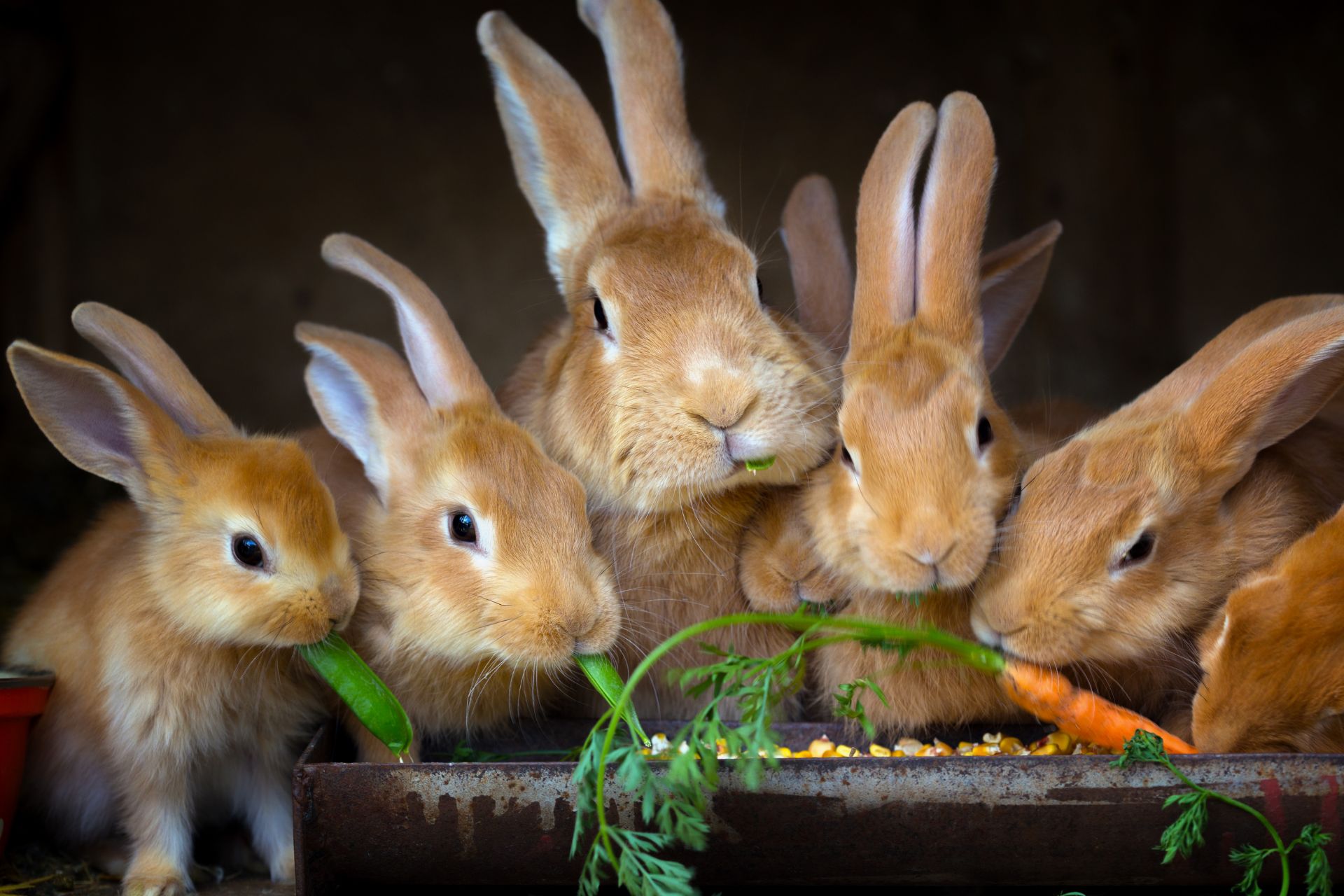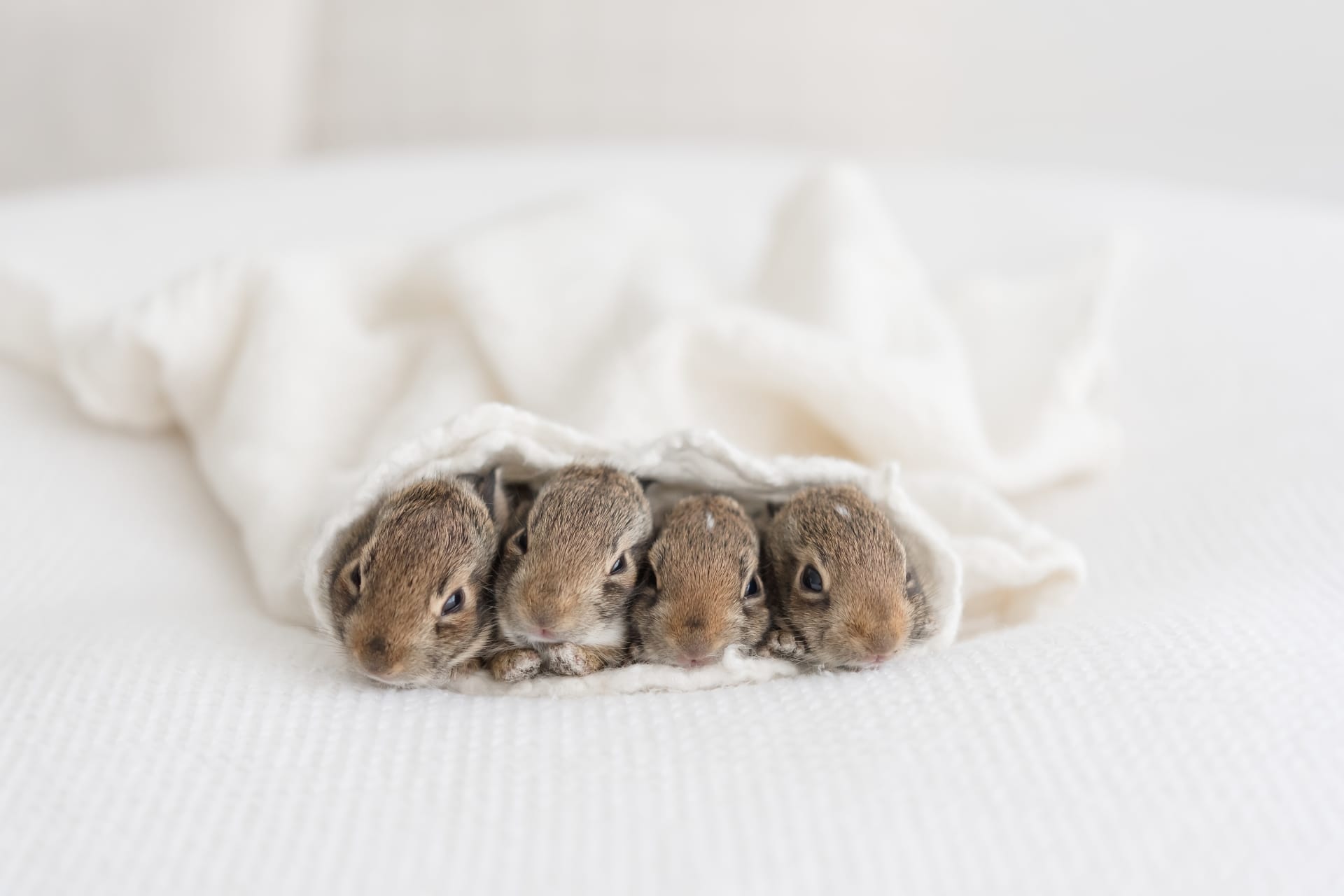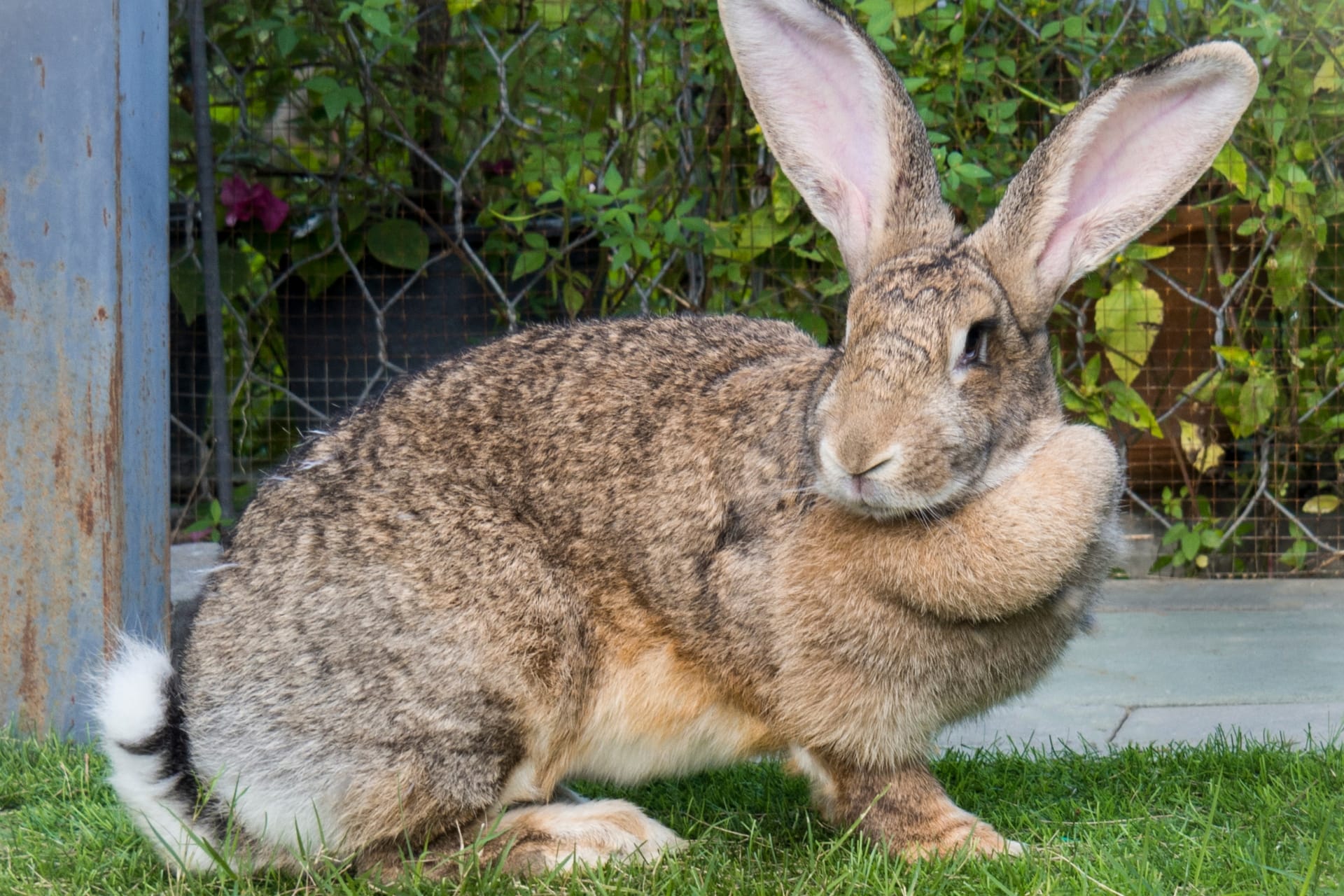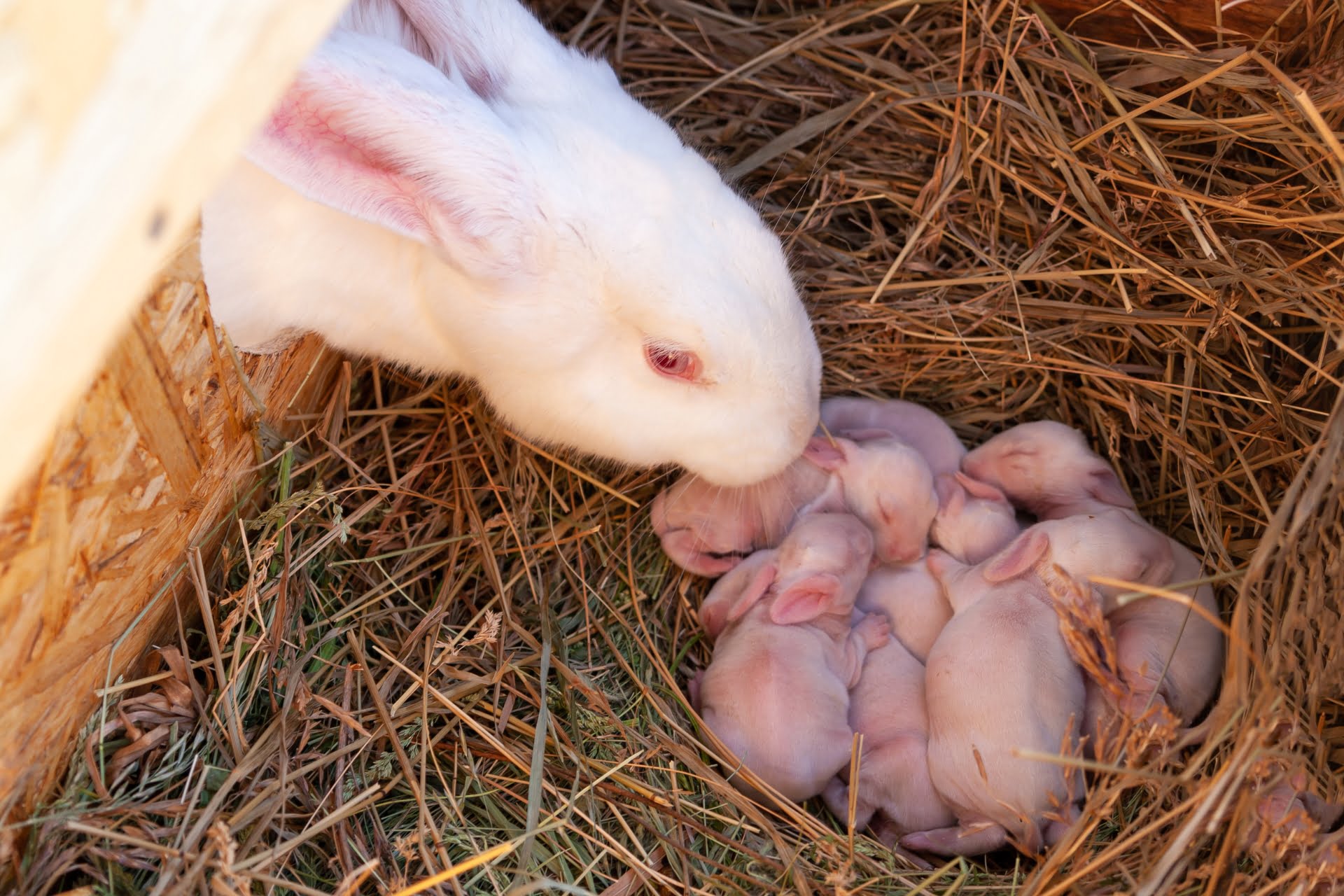What Should Rabbits Eat?
Providing a well-balanced and nutritious diet is vital for the health and well-being of rabbits. Understanding their unique digestive system, nutritional requirements, and feeding habits is essential in creating an optimal feeding plan. Remember to prioritize hay, fresh vegetables, and appropriate commercial pellets, while offering fruit treats in moderation. Establish a consistent feeding schedule and be cautious of harmful foods. Regularly monitor your rabbit’s health and consult with a veterinarian if any concerns arise. In this article, we will explore some valuable rabbit diet tips on how to feed your rabbit properly to promote their optimal health and happiness.
Contents
- What Should Rabbits Eat?
- Introduction
- Understanding a Rabbit’s Digestive System
- The Importance of a High-Fiber Diet
- Hay: The Staple Diet for Rabbits
- Fresh Vegetables and Leafy Greens
- Pellets: A Balanced Addition to the Diet
- Water: Essential for Hydration
- Treats and Supplements
- Avoiding Harmful Foods
- Feeding Schedule and Portion Control
- Monitoring Your Rabbit’s Health
- Conclusion
- FAQs
Introduction
Rabbits are adorable, furry creatures that make wonderful pets. To ensure their overall health and well-being, it is crucial to provide them with a proper diet. Feeding your rabbit a nutritious and balanced diet is essential for their growth, vitality, and longevity.
Rabbits, like many other animals, require a well-balanced diet to thrive. A nutritious diet plays a vital role in maintaining their dental health, digestive function, and overall immunity. By understanding their dietary needs and providing them with appropriate food, you can contribute to their well-being and prevent potential health issues.
Understanding a Rabbit’s Digestive System
Before we delve into the specifics of a rabbit’s diet, it is important to grasp the unique characteristics of their digestive system. Rabbits are herbivores, meaning their diet consists primarily of plant-based foods. Their digestive system is specially designed to process fibrous materials such as hay and grass.
Unlike humans or other animals, rabbits have a unique process called hindgut fermentation. This means that they rely on bacteria in their cecum, a specialized part of their digestive tract, to break down and ferment fibrous materials. This process allows them to extract essential nutrients from the plant matter they consume.
The Importance of a High-Fiber Diet
A high-fiber diet is crucial for a rabbit’s well-being. It helps maintain healthy gut motility, prevents gastrointestinal issues, and supports dental health. The primary source of fiber in a rabbit’s diet is hay.
Hay: The Staple Diet for Rabbits
Hay should constitute the majority of a rabbit’s diet. It provides the necessary fiber for a healthy digestive system and promotes good dental health. Timothy hay, orchard grass hay, and meadow hay are some common types of hay suitable for rabbits.
Feeding hay to rabbits should be a daily practice. Ensure a constant supply of fresh hay, as it encourages natural foraging behaviors and keeps their digestive system functioning optimally. A general guideline is to provide an amount of hay equivalent to the size of the rabbit’s body.
Fresh Vegetables and Leafy Greens
In addition to hay, fresh vegetables and leafy greens should be included in a rabbit’s diet. These provide essential vitamins, minerals, and additional fiber. Some suitable options include romaine lettuce, kale, cilantro, and spinach.
Introduce a variety of vegetables and leafy greens gradually to monitor your rabbit’s tolerance and preferences. Remember to wash them thoroughly and remove any pesticides before serving. It’s essential to avoid toxic vegetables such as onions, potatoes, and rhubarb, as they can be harmful to rabbits.
Pellets: A Balanced Addition to the Diet
Pellets can serve as a supplementary component in a rabbit’s diet, but they should not be the primary focus. When selecting pellets, opt for high-quality brands that contain essential nutrients and a high percentage of fiber. Avoid those with added sugars, seeds, or dried fruit.
Pellets should be fed in moderation to prevent overconsumption. Generally, a quarter cup of pellets per day is sufficient for an average-sized rabbit. However, consult your veterinarian for specific feeding recommendations based on your rabbit’s age, weight, and overall health.
Water: Essential for Hydration
Water is a vital element of a rabbit’s diet. Ensure your rabbit has access to fresh, clean water at all times. Consider using a water bottle with a sipper tube to prevent contamination and spillage. Regularly check the water supply and clean the water bottle to maintain hygiene.
Proper hydration is necessary to support a rabbit’s digestion, regulate body temperature, and promote overall health. If you notice a decrease in water consumption, consult your veterinarian as it may indicate an underlying health issue.
Treats and Supplements
Treats can be a delightful way to bond with your rabbit and offer them occasional rewards. However, it is important to choose treats that are safe and healthy. Opt for natural treats specifically designed for rabbits, such as small pieces of fruits or vegetables.
Keep treats to a minimum and avoid excessive indulgence. Overfeeding treats can lead to weight gain and nutritional imbalances. If your rabbit requires additional supplements, consult with your veterinarian to determine the appropriate ones and their recommended dosage.
Avoiding Harmful Foods
While it’s important to know what foods are safe for your rabbit, it’s equally crucial to be aware of foods that can be harmful or toxic. Certain foods, such as chocolate, caffeine, and avocados, can be toxic to rabbits and should be strictly avoided. Additionally, be cautious with household items like electrical cords, which rabbits may chew on, leading to potential injuries.
Feeding Schedule and Portion Control
Establishing a feeding routine is beneficial for your rabbit’s overall well-being. Provide meals at consistent times each day to maintain a regular feeding schedule. This helps prevent overeating and allows you to monitor their appetite and behavior.
Portion control is essential to prevent both underfeeding and overfeeding. Each rabbit is unique, so it’s crucial to consider their age, size, and activity level when determining appropriate portion sizes. Consult your veterinarian for guidance in creating a feeding plan tailored to your rabbit’s needs.
Monitoring Your Rabbit’s Health
Regularly monitoring your rabbit’s health is crucial for early detection of any issues. A healthy rabbit should exhibit bright eyes, a shiny coat, and a good appetite. Changes in behavior, weight loss, or abnormal stool may indicate a health concern. On the other hand, a slight weight gain may indicate your rabbit is pregnant.
Some diet-related health issues in rabbits include gastrointestinal stasis, dental problems, and obesity. If you observe any abnormalities or have concerns about your rabbit’s health, consult your veterinarian promptly for a thorough examination and appropriate treatment.
Conclusion
Feeding your rabbit a proper diet is essential for their overall health and well-being. A diet rich in hay, fresh vegetables, and leafy greens, supplemented with appropriate pellets and occasional treats, will provide the necessary nutrients for their optimal growth and vitality. Remember to ensure access to clean water and to avoid harmful foods. By following these rabbit diet tips, you can ensure that your furry friend enjoys a happy and healthy life.
FAQs
1. Can rabbits eat fruits? Yes, rabbits can eat fruits, but they should be given in moderation due to their high sugar content. Some safe fruits for rabbits include apples, strawberries, and blueberries.
2. Should I feed my rabbit commercial rabbit treats? It’s best to choose natural treats specifically designed for rabbits rather than commercial treats that may contain unhealthy additives. Always read the ingredients list and opt for treats with minimal processing.
3. Can rabbits eat bread or grains? Bread and grains are not suitable for rabbits as they are high in carbohydrates and can lead to digestive issues. Stick to a diet primarily consisting of hay, vegetables, and pellets.
4. How often should I clean my rabbit’s water bottle? Regularly clean your rabbit’s water bottle at least once a week or whenever you notice any algae buildup or debris. Cleanliness is crucial to prevent bacterial growth and ensure your rabbit’s water source remains fresh.
5. Can rabbits eat human food leftovers? It is not recommended to feed your rabbit human food leftovers. Rabbits have specific dietary requirements, and feeding them scraps from your meals can lead to nutritional imbalances and digestive problems. Stick to a diet that consists of rabbit-safe foods.
6. Can rabbits eat grass? Yes, rabbits can eat grass, and it is a crucial part of their diet. Fresh, pesticide-free grass provides essential fiber and nutrients. However, avoid grass from areas treated with chemicals, as they can be harmful to your rabbit.
7. Can rabbits eat celery? Yes, rabbits can eat celery in moderation. Celery is a low-calorie, crunchy vegetable that can be a healthy addition to their diet. Remove any strings from celery and cut it into small, manageable pieces to prevent choking.
8. Can rabbits eat spinach? Yes, rabbits can eat spinach, but it should be given in moderation. Spinach contains oxalates that, in excess, may lead to health issues. Rotate a variety of leafy greens to ensure a balanced diet for your rabbit, and consult with a vet if you have concerns.
9. Can rabbits eat sweet potato? Yes, rabbits can eat sweet potato in small amounts. Sweet potatoes are rich in vitamins and minerals. However, due to their starchy nature, it should only be an occasional treat. Cut the sweet potato into small pieces and feed it sparingly to prevent digestive issues.











